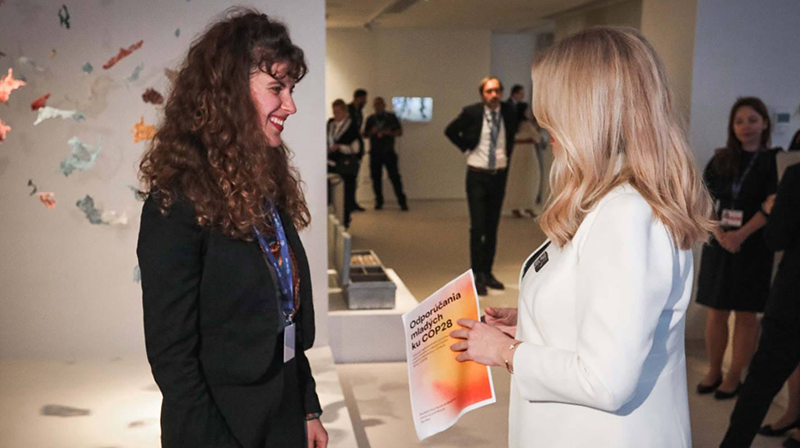Collaborating with a fossil partner such as Shell will remain possible under certain conditions. WUR has adopted the recommendation made to this effect by the advisory committee, albeit with a request for further detailing.
Three conditions must be met for collaboration with a partner from the fossil industry. First, the partnership must be in keeping with WUR’s mission. Second, WUR must set the research goals, and the partner may not have too great a degree of (financial and other) influence on the project and the partner, whether part of the fossil industry or not, must be vetted on whether it supports or obstructs the climate policy set in the Paris Agreement. Finally, a reflection report must be written by a yet-to-be-installed evaluation committee. This committee is to be appointed by the executive board and must be made up of five persons with diverse perspectives and expertise on the topic.
These conditions spring from the advice presented in December by the advisory committee appointed by the executive board. According to the executive board, several parts of the recommendations call for fine-tuning. In its response, the executive board honours the criticism voiced by concerned members of the Scientists4Future group, among others.
30 per cent rule
One of the points of criticism related to the policy’s reach was that it excluded education. Hence, WUR will have additional policies formulated for fossil partnerships in education, such as internships, ACT projects, theses, guest lectures and career days). The so-called 30 per cent rule was also criticised. This rule states that a fossil partner may not fund more than 30 per cent of the project to ensure the partner’s influence on the project remains reasonable. Critics state that WUR continues to enable partners to influence projects. Other demands made by End Fossil Occupy, for example, calling for the advice of a -yet-to-be-formed advisory committee- to be considered binding, were rejected.
If WUR really wants to be independent, we must ensure that the fossil industry has no say in a project
Martijn Duineveld
Martijn Duineveld, a member of Scientists4Future, once again calls on WUR to reject all funding from the fossil industry. ‘The fact that the executive board aims to fine-tune the 30 per cent criterium is great. If WUR really wants to be independent, we must ensure that the fossil industry has no say in a project. Thus, zero per cent funding. Scientific studies show that the research financiers do, in fact, influence science, whether consciously or subconsciously. This could lead to a bias in the results or the direction of the study. Let zero be the new thirty.’
The Corporate Strategy & Accounts department will address the requests for further detailing. The new decision-making framework for the three conditions must be operational by 1 June 2024.

 Photo Khamkeo Vilaysing / Unsplash
Photo Khamkeo Vilaysing / Unsplash 

